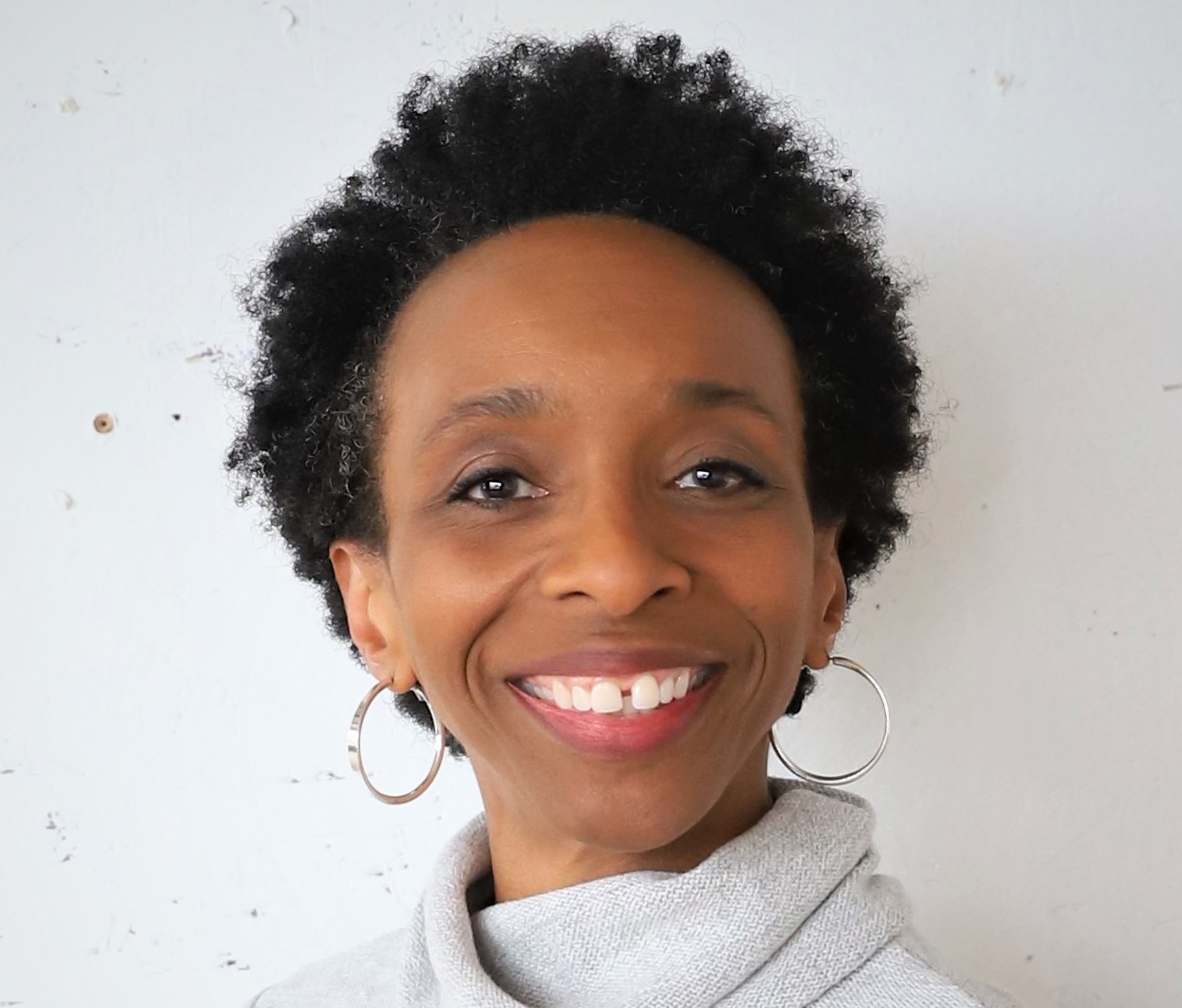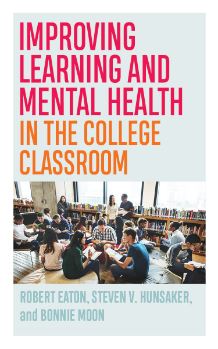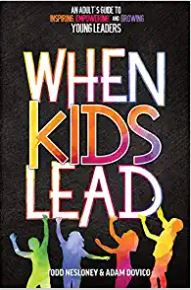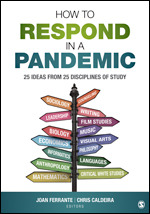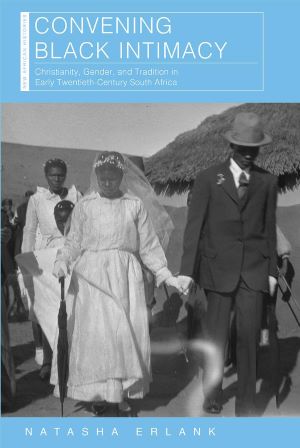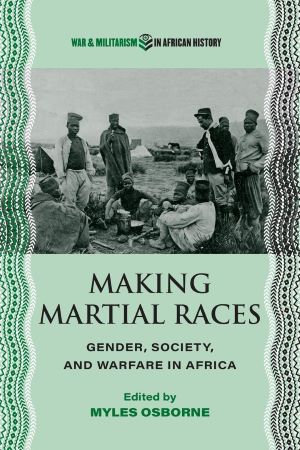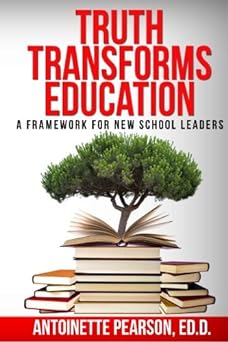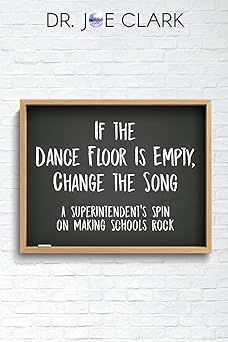If you create written content of any kind, you need a good editor. Period.
I author, edit, and review educational materials, often as a science subject matter expert and conscious language reader; edit scholarly works, including doctoral dissertations, articles, and books; edit nonfiction essays and books for publishers and self-publishing authors; and edit for nonprofit and for-profit individuals and organizations.
I do this work always with these principles in mind:
* Listen with intent.
* Strive for practicality and creativity.
* Respect readers through conscious language.
* Protect and promote the voice and message of authors and organizations.
* Edit for clear, correct, consistent, and coherent copy for readers and learners.
Your work deserves its proper attention and care so that it says what you want, how you want. Reach out. You’ll have a true partner and champion in me. I look forward to hearing about what matters to you.
I’m a licensed educator and former scientist who took a roundabout route to becoming an editor, but it turned out to be an invaluable path for me—and my clients. I use a surprising amount of my knowledge and experience to inform my practice as a copyeditor, line editor, and developmental editor, even when the project isn’t centered in the field of education or science.
I’ve been in love with language since I was a child and freelance editing for the last 13 years. I work in nonfiction, especially with academic works, educational materials, books, reports, and white papers. Content includes topics in science, education, health and medicine, and environment, as well as psychology, sociology, and anthropology. Whatever the project, I always aim to further equity and justice in some way.
I completed a BS in biology from Purdue University, an MS in physiology from the University of Cincinnati, and my teaching certification in comprehensive science secondary education from Xavier University, all topped off with a certificate of professional editing from UC Berkeley.
Creative nonfiction
Essay
Textbooks
Sensitivity reading
Style guide creation
American Psychological Association (APA)
Chicago Manual of Style (CMOS)
Adobe Acrobat Reader
Google Docs
Google Sheets
Microsoft Excel
Microsoft PowerPoint
Microsoft Word

